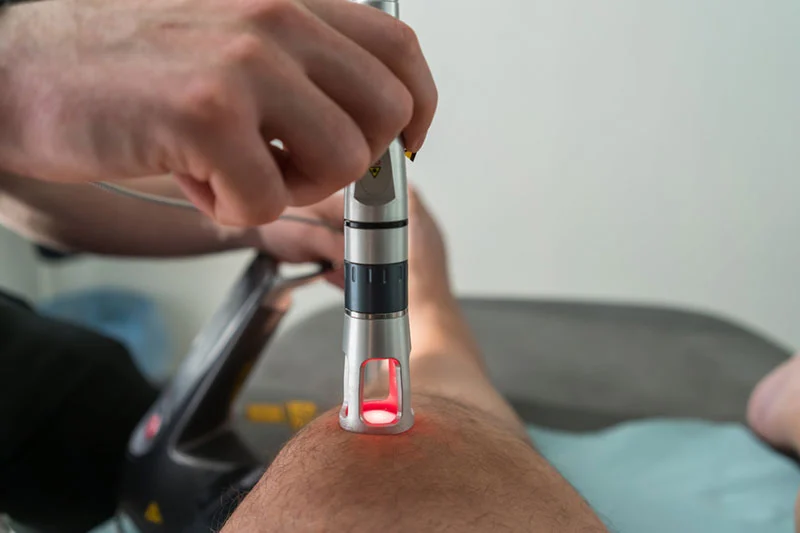A Surprising Connection… Did you know that studying animals can teach us about memory loss, concussion recovery, and vestibular disorders? From the resilience of goldfish brains to the navigation skills of homing pigeons, animals provide powerful models for understanding human brain plasticity and healing.
As the demand for concussion treatment, neurorehabilitation, and vestibular syndrome care grows, lessons from the animal kingdom can guide recovery from post-concussion symptoms like headaches, dizziness, insomnia, memory lapses, and brain fog.
Neuroplasticity: Lessons From Goldfish and Octopuses
Goldfish have an incredible ability to regenerate neurons after brain injury (Kaslin et al., 2008), illustrating the power of neuroplasticity, the brain’s ability to rewire itself after traumatic brain injury (TBI). Similarly, octopuses can recover motor function after neural injury, demonstrating how structured environments and challenges can stimulate recovery.
At Norcal Brain Center, we apply these principles in our Neurorestoration Program to treat dizziness, fatigue, and post-concussion syndrome. This helps your brain form new neural pathways, just as these animals do naturally.
Navigation & Vestibular Systems: Birds and Bats
Birds like homing pigeons use visual and vestibular cues to navigate, even in complex environments (Gagliardo, 2013). This mirrors how your vestibular system manages balance and spatial orientation, often disrupted after a concussion.
Patients with vertigo, balance issues, or vestibular disorders can benefit from therapies inspired by these animal systems, using visual tracking and vestibular retraining to restore balance and reduce dizziness.
Sleep and Circadian Rhythms: Insights From Nature
Many animals have finely tuned circadian rhythms, helping them optimize rest and recovery. Disrupted sleep is common in concussion and TBI patients, leading to chronic fatigue, insomnia, and memory issues.
Animal research shows how light exposure and environment influence melatonin production and sleep quality (Golombek & Rosenstein, 2010). At Norcal Brain Center, we incorporate sleep hygiene strategies and brain-based therapies to address sleep problems, reduce insomnia, and improve cognitive clarity.
Emotional Resilience: Dolphins and Social Mammals
Social mammals like dolphins exhibit emotional regulation and resilience, using play and social connection to reduce stress. Chronic stress and emotional dysregulation can worsen post-concussion symptoms like irritability, brain fog, and fatigue (McCrea et al., 2009).
Mindfulness, structured exercise, and neurorehabilitation, modeled after these principles, can help patients regain emotional balance, improving recovery outcomes.
Animal-Assisted Therapies: Boosting Recovery
Animal-assisted therapy has been shown to improve cognitive, emotional, and physical health in patients recovering from TBI, stroke, and chronic neurological conditions (Muñoz Lasa et al., 2011). Interaction with therapy animals can reduce light and sound sensitivity, improve mood, and aid neurorehabilitation.
Why This Matters for Concussion and Neurorehabilitation
If you’re experiencing:
- Memory loss or brain fog
- Dizziness, vertigo, or lightheadedness
- Headaches or migraines
- Sleep issues or insomnia
- Fatigue and chronic tiredness: lessons from the animal kingdom can guide your brain’s recovery journey.
At Norcal Brain Center, we leverage:
- Targeted neurorehabilitation therapies
- Functional neurology to enhance neuroplasticity
- Vestibular rehabilitation for dizziness and vertigo
- Sleep optimization and stress reduction for TBI recovery
Tips Inspired by Animals for Cognitive Recovery
- Embrace Neuroplasticity: Learn a new skill, play brain games, or challenge your mind to stimulate growth, like goldfish regenerating neurons.
- Balance and Vestibular Health: To improve balance, practice gentle head and eye exercises, like birds using their visual-vestibular systems.
- Emotional Regulation: Practice mindfulness and stay socially connected to boost emotional resilience, inspired by social mammals.
- Prioritize Sleep: Follow consistent sleep routines and light exposure patterns to improve sleep quality.
Final Thoughts
From neuronal regeneration in goldfish to birds’ vestibular mastery, the animal kingdom teaches us about resilience, neuroplasticity, and recovery, principles we apply every day at Norcal Brain Center.
Ready to restore your brain’s potential?
Call (408) 585-5275 or Book your free consult







